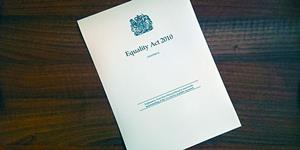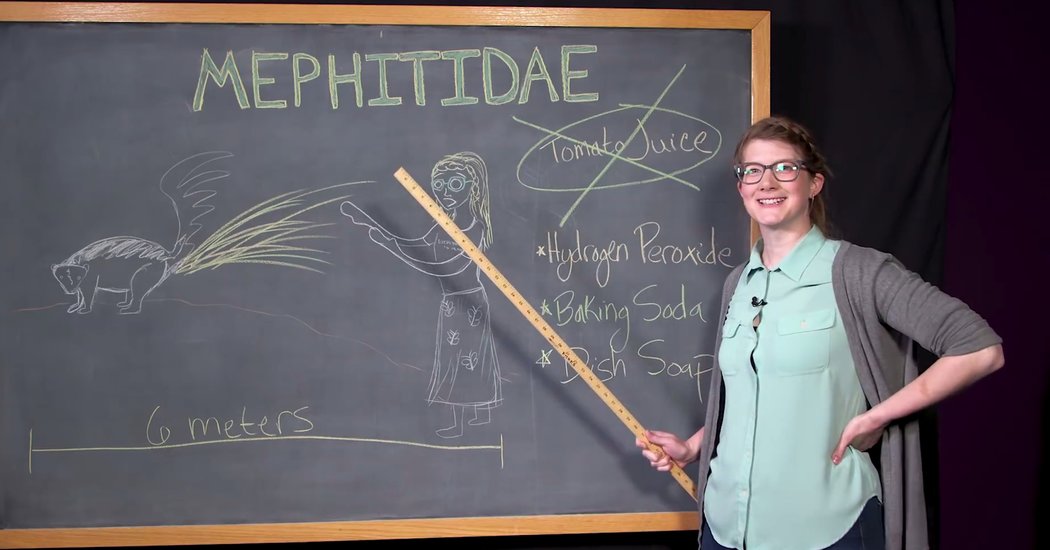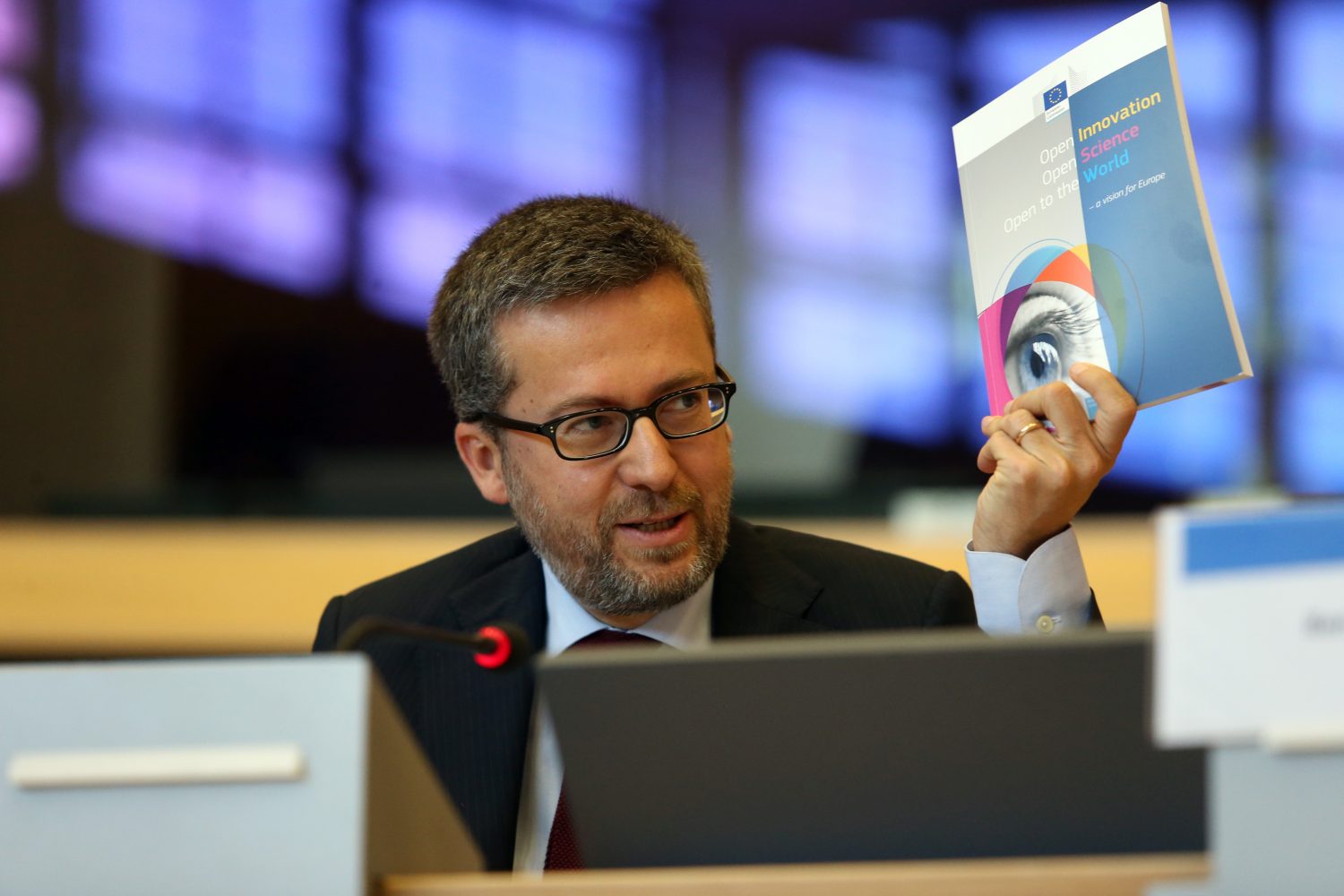Scientific Publishing Is Rigged - at Our Expense
If 'money makes the world go round' then the world of scientific publishing has proved to be no exception to the rule.

If 'money makes the world go round' then the world of scientific publishing has proved to be no exception to the rule.

UKRI has big shoes to fill.
Funders Jean Lebel and Robert McLean describe a new tool for judging the value and validity of science that attempts to improve lives.
In examining compensation records from drug companies to physicians who advised FDA, Science found widespread after-the-fact payments or research support to panel members. The agency's safeguards against potential conflicts of interest are not designed to prevent such future financial ties.

Rapidly produced and highly topical digital humanities projects are challenging perceptions of the field.
A new search engine that aims to connect nonacademics with open-access research will be launched this fall. Get the Research will connect the public with 20 million open-access scholarly articles. The site will be built by Impactstory in conjunction with the Internet Archive and the British Library.
In the US, where political parties have increasingly staked claims on one side of the issue or the other, beliefs may be more about belonging than facts.

One of the world’s largest biomedical research charities is setting up a new initiative to fund outside-the-box science.
Where would we be without our glassware? Tabitha Watson looks through the history and current state of chemistry's favourite amorphous solid.

From July 2018, the Europe PMC repository will start indexing preprints.
Science and Technology Committee publish report on research integrity

A group of European funders, including the European Commission, will soon require researchers to publish only in open-access outlets that the funders consider high quality, the Commission’s open-access envoy has said.
Today we're announcing a GBP250m not-for-profit fund. Director Jeremy Farrar explains how the new Wellcome Leap Fund will accelerate discovery and innovation.

Proposed body would monitor universities to ensure that allegations of malpractice are properly investigated.

This paper examines the development of open knowledge in China through two case studies: the development of Chinese open access (OA) journals, and national-level OA repositories.
Revised rules are designed to help researchers focus on their work and compete with their counterparts globally.
In an era in which evidence is being disregarded, scientists need to speak up in support of the pursuit for truth. If we do not successively train our youth to distinguish between truth and falsehood, we are at risk of raising a new generation unused to recognizing truth as derived from evidence.
One-quarter of surveyed institutions admit to not complying with guidelines.
Machine learning on mountain of safety data improves automated assessments.
When conducting research involving the testing of human biospecimens, investigators and their institutions should routinely consider whether and how to return individual research results on a study-specific basis through an informed decision-making process, says a new report from the National Academies of Sciences, Engineering, and Medicine.
The European Federation of Academies of Sciences and Humanities (ALLEA) has submitted feedback to the European Parliament with suggestions for concrete amendments to the Proposal for the Regulation establishing Horizon Europe.
After studying 23,005 comments left on videos about science and related topics, a researcher says, “I could see why people would not want to be on YouTube.”

Involving Elsevier in the European Open Science Monitor is a grave mistake according to palaeontologist Jon Tennant.

The struggle to keep this resistant yeast from surging is a warning sign that relying on standard responses won't work. As the foes continue to evolve, medicine needs both new tech, and surprisingly old techniques, to fight its microbial wars.
Key areas of focus for tweaking peer review include making journal editors more directive in the process, rewarding reviewers, and improving accountability of editors, reviewers and authors.

A pilot experiment has seen 26 papers published under open-access terms so far and should yield a report by the end of the year.
"It's not that difficult to flip the system," Smits continued. "The measures we are thinking about are not rocket science - they're straightforward. The main component: if you get a grant in the future, you can only publish in open access journals," he said.